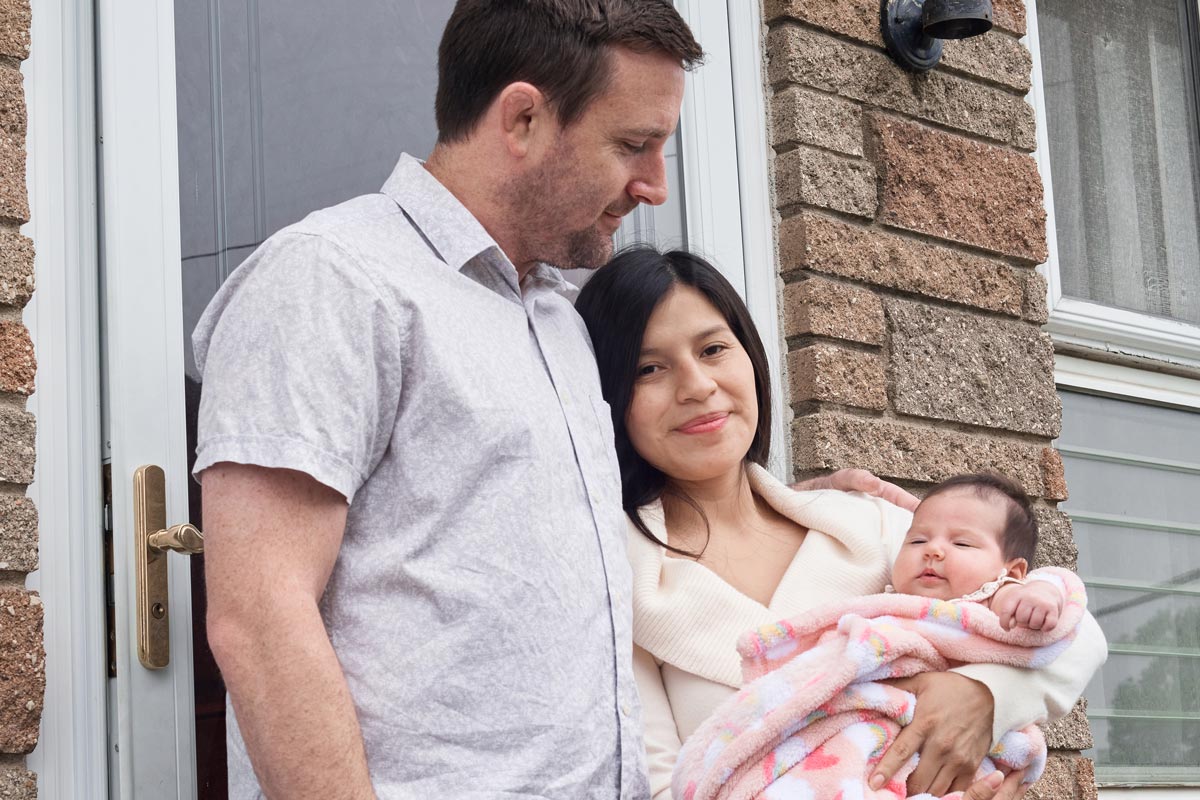Becoming a mom can be an exciting and challenging time, so it is important to prioritize self-care for both your physical and emotional well-being.
Here are some tips to help with postpartum self-care:
Prioritize Sleep
- Many have heard “sleep when your baby sleeps.” It may seem difficult when many things need to be taken care of, but remember that sleep is essential. Recruit the assistance of your partner, family, or friends. Short naps can make a difference in your energy level and ability to stay mentally and physically balanced.
- Share nighttime duties: If possible, consider taking turns with your partner for nighttime feeding and diaper changes.
- Limit visitors: While it is lovely to have family and friends come over to meet your baby, setting healthy boundaries to prioritize your rest is essential. Healthy mom = healthy baby!
Nourish and listen to your body
- Don’t skip meals: Even if you don’t feel like cooking, try to have healthy snacks and meals on hand or ask for help with meal preparation.
- Stay hydrated: Drink plenty of water throughout the day, particularly if you are breastfeeding.
- Listen to your body: Avoid strenuous activity until cleared by your healthcare provider, especially if you had a C-section or a complicated birth.
- Ease back into exercise: Start with gentle activities like short walks and gradually increase the intensity as you feel stronger.
- Attend your postpartum appointment: Do not miss your follow-up appointments with your health care provider to monitor your recovery.
Emotional well-being
- Acknowledge and express your feelings: All moms experience a range of emotions in pregnancy and after childbirth. Talk to your partner, friends, or family about how you are feeling and if you need help. If you feel more comfortable writing your thoughts and feelings, start a journal.
- Connect with other new moms: Consider joining a support group or online community to share experiences and tips. Postpartum Support International offers free support groups. For more information, please visit: https://postpartum.net/get-help/psi-online-support-meetings/
- Make time for yourself: Think of activities that you enjoy, whether it is taking a bubble bath, walking in nature, calling a friend, listening to music, dancing, or reading.
- Do not be afraid to ask for help: Have you heard “we all need a village?” Having the support of others is very important. An important rule is to be specific about the type of help you need – laundry, meals, food shopping, cleaning, or childcare. Remember, the help you receive will allow you to rest your mind and body so you can spend quality time with your baby.
- If you are not feeling like yourself, seek professional help: If you find yourself not “being you” or having more days than not where you experience sadness, anxiety, or feeling overwhelmed, remember that you are not alone and that there is help available. Reach out to your nurse, case manager, health care provider, or mental health professional.
The HEAL MAMA** acronym can be useful when advocating for your postpartum mental health.
H – Help – Are you asking for and accepting enough help?
E – Emotional – are you tearful most of the time, lacking emotion, feeling unexpected emotions at times?
A – ADLs (Activities of Daily Living) – are you able to, and interested in: showering, eating, brushing your teeth, getting dressed, etc.?
L – Learn – do you know your risk factors for developing a PMAD (Perinatal Mood and Anxiety Disorder)?
M– Medical – do you know how your medical history and your family’s medical history might impact you?
A – Apathetic – are you not interested in your baby or things you used to enjoy?
M– Medication – are you taking medication as prescribed?
A – Anxious – Are you having intrusive thoughts, or do you feel more anxious than before?
** Created by Sarah Baroud, LICSW. Not intended to replace or provide medical advice.
